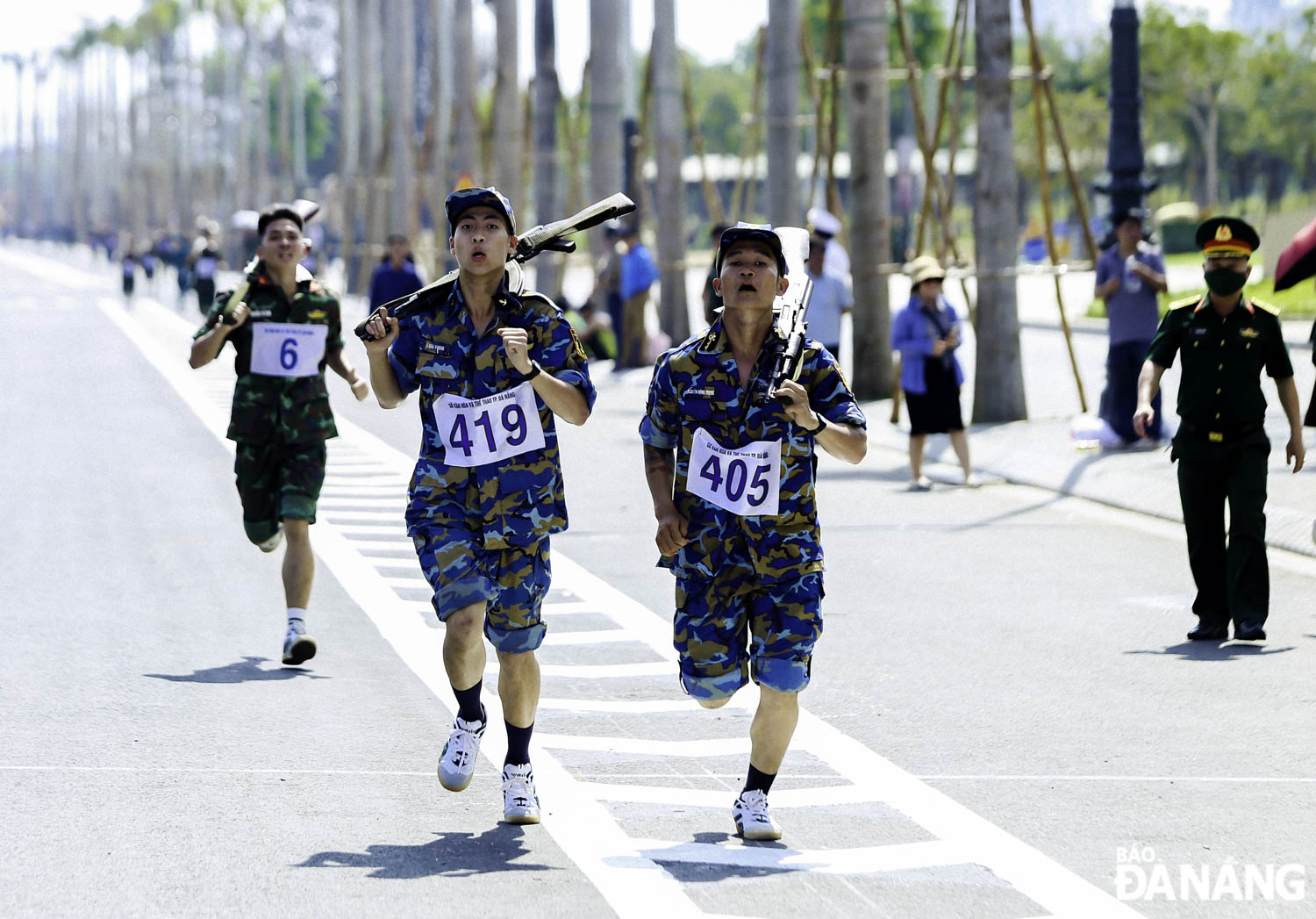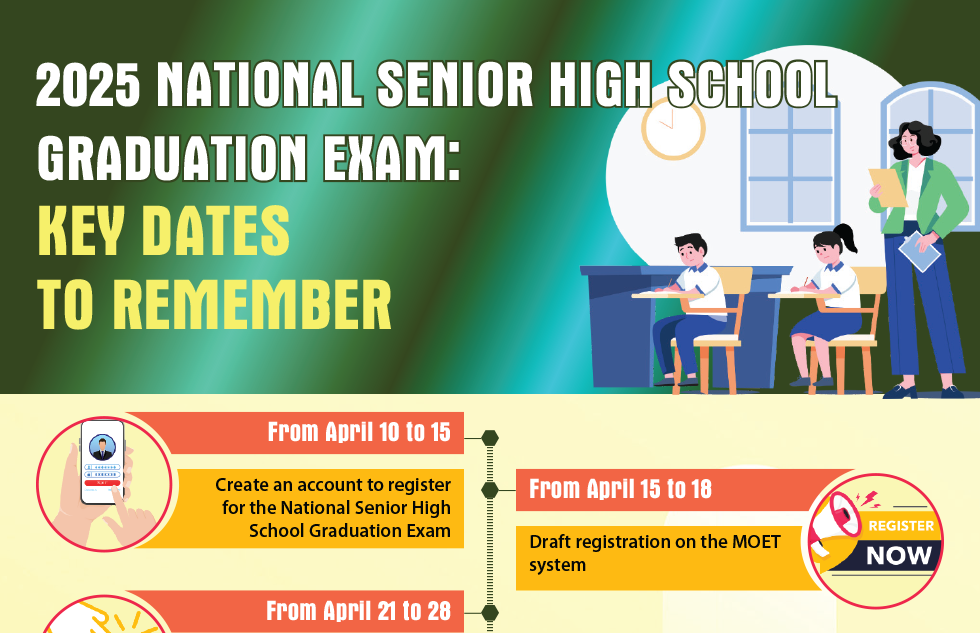Da Nang asks for support from Japan for household waste management
The Da Nang Department of Natural Resources and Environment in collaboration with a delegation from Japan’s Yokohama City, the Japan International Cooperation Agency (JICA) in Viet Nam, and the Japan Institute for Global Environmental Strategies (IGES), organised a workshop on Monday to review the implementation of the JICA-funded 3-R (reduce, reuse and recycle) project (phase 2) in Da Nang.
Deputy Director of the municipal Department of Natural Resources and Environment Dang Quang Vinh said that between 2021 and 2024, the project has been achieved many positive results thanks to the effective cooperation of Yokohama City and technical support from IGES.
Currently, in addition to classifying recyclable waste and mobilising people to practice reuse behaviors to save resources, and reduce the use of products to limit emissions into the environment, especially plastic waste and disposable products, Da Nang is piloting food waste classification according to the provisions of the Law on Environmental Protection 2020.
Therefore, the city is in need of resource support, including experience and technology from Yokohama City in particular, and Japan in general, in implementing waste management solutions in order to meet the provisions of the Law on Environmental Protection 2020.
Along with that, the attention should be paid to technical support for capacity building and technology transfer for waste treatment and recycling; environmental education in schools and communities; urban and rural environmental management; and environmental infrastructure management.
Based on the situation and results of project implementation, Dr. Yasuhiko Hotta, Director of the Sustainable Production and Consumption Department of IGES, suggested the city update the master plan for waste management in Da Nang for the 2021-2030 period with a vision to 2050.
The focus should be on increasing the scope of waste collection, reducing the rate of direct landfilling, encouraging investment in waste-to-energy conversion facilities, and managing food waste and applying a volumetric waste charging system.
At the same time, the city needs to have a recycling policy, strengthen existing waste sorting initiatives, address issues of low-value recyclables, and establish sustainable and cost-effective recycling processes in line with people's cooperation and budget management.
Reporting by HOANG HIEP - Translating by M.DUNG, P.TRA







